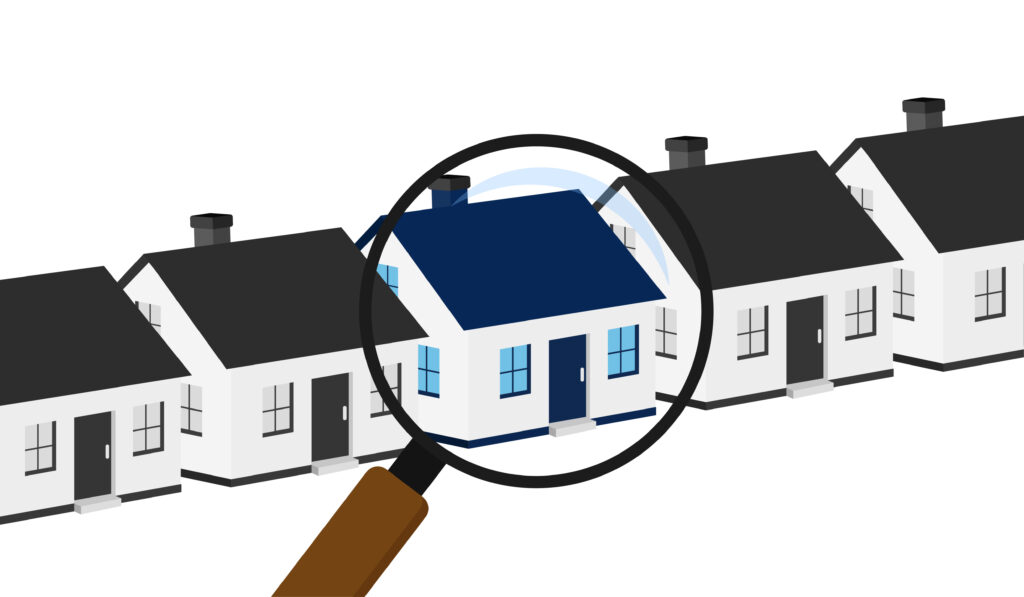When diving into the world of property management, it’s crucial to understand the various expenses involved. Whether you’re a seasoned landlord or new to the game, comprehending these costs helps in maintaining a smooth operation and maximizing your return on investment. In this blog post, we’ll explore the responsibilities of property managers, what property management expenses entail, and how to build a property management budget.
Responsibilities of Property Managers
Before we delve into the nitty-gritty of expenses, let’s first outline the core responsibilities of property managers. These professionals are the backbone of any rental operation, ensuring everything runs smoothly and efficiently. Their key responsibilities include:
- Resident Management: This involves everything from marketing vacancies and screening potential residents to handling leases and dealing with resident issues. A good property manager ensures that residents are satisfied and any disputes are resolved quickly.
- Maintenance and Repairs: Keeping the property in top-notch condition is paramount. Maintenance has the biggest impact on profitability and retention. Property managers coordinate routine maintenance, emergency repairs, and renovations, ensuring the property remains attractive and functional.
- Financial Management: This includes setting rental rates, collecting rent, and managing the property’s budget. Property managers also handle accounting tasks, such as preparing financial statements and managing expenses.
- Legal Compliance: Staying compliant with local, state, and federal regulations is crucial. Property managers ensure that the property adheres to all relevant laws, including fair housing regulations and safety codes.
- Vendor Management: Property managers work with various vendors, from cleaning services to contractors. They negotiate contracts, oversee work, and ensure that services are delivered to a high standard. Property Meld’s data is essential for tracking vendor performance to ensure you are working with the right vendors that deliver high-quality, efficient work at a fair price.
Understanding these responsibilities is essential as they directly influence the types of expenses you’ll encounter in property management.
Common Property Management Expenses
Now that we’ve outlined the responsibilities of property managers, let’s break down the common expenses you might face.
- Marketing and Advertising: To attract quality residents, you’ll need to invest in marketing and advertising. This includes online listings, social media promotions, and possibly traditional advertising methods like flyers or newspaper ads.
- Resident Screening: The screening process involves background checks, credit reports, and other vetting procedures to ensure you select reliable residents.
- Maintenance and Repairs: Routine maintenance (e.g., landscaping, HVAC servicing) and unexpected repairs (e.g., plumbing issues, electrical problems) can add up. It’s crucial to budget for both regular upkeep and emergencies.
- Utilities and Insurance: Depending on your rental agreement, you might cover some utilities like water, trash, or electricity. Additionally, insurance (property, liability, and sometimes renters’ insurance) is a non-negotiable expense.
- Legal and Accounting Fees: To navigate the complex legal landscape of property management, you might need to consult with lawyers or accountants. These professionals help ensure compliance and accurate financial reporting.
- Administrative Costs: This includes office supplies, software subscriptions for property management platforms, and other miscellaneous administrative expenses.

How to Build a Property Management Budget
Creating a comprehensive property management budget is key to financial stability and profitability. Here’s a step-by-step guide to help you build an effective budget:
- List All Potential Expenses: Start by listing all possible expenses, both fixed and variable. Use the categories mentioned above as a guideline.
- Estimate Costs: For each expense category, estimate the costs. Look at historical data if available, or research industry standards to get a ballpark figure.
- Prioritize and Allocate Funds: Not all expenses are created equal. Prioritize critical expenses like maintenance and legal fees. Allocate funds accordingly, ensuring you have a buffer for unexpected costs.
- Set Rental Rates Strategically: Your rental income should cover your expenses and leave room for profit. Set your rental rates based on market research, property value, and the level of service you provide.
- Monitor and Adjust: A budget isn’t a set-it-and-forget-it tool. Regularly review your budget, compare it with actual expenses, and adjust as necessary. This ongoing process helps you stay on top of your financial health.
Understanding property management expenses and knowing how to build a property management budget are critical skills for any property manager. By mastering these aspects, you can ensure the smooth operation of your rental properties, keep residents happy, and ultimately maximize your investment returns.
So, whether you’re juggling resident needs, negotiating with vendors, or balancing the books, remember that a well-structured budget is your best friend. Keep it updated, stay proactive, and you’ll be well on your way to property management success.






